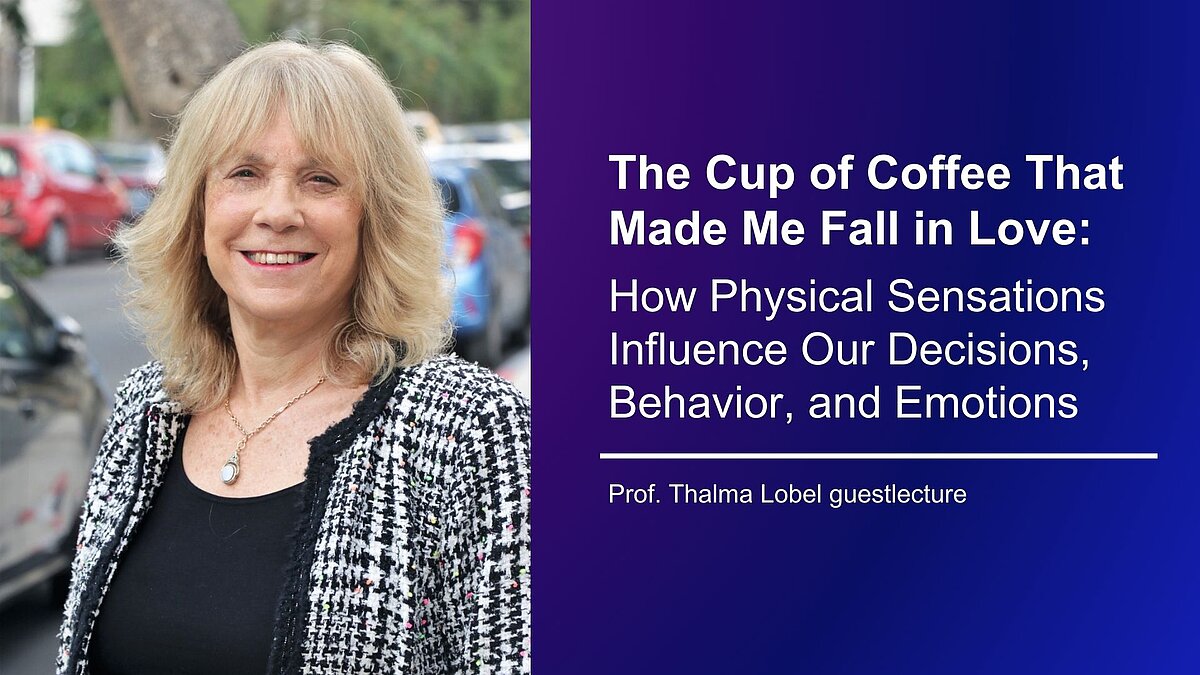
The lecture delves into the fascinating interplay between physical sensations and their influence on our decisions, behaviors, judgments, and emotions, often without our awareness. Studies show that factors such as the temperature of the things we touch or the temperature in the room, the texture of a chair, or the colors in our surroundings can shape our decisions, performance, and choices. These findings have practical implications for everyday life, including negotiations, performance at work, and interactions with our spouses, colleagues, and children.
Date, time: 21.03. 18:00
Location: University of Latvia Campus Tornakalns, Jelgavas street 1, Riga, Room Magnum.
Please register for this event by 17.03.2025 at the following link: https://forms.office.com/e/GyNDK2RecF
About Thalma Lobel
Professor Thalma Lobel is a Psychology Professor and former Chair of the School of Psychological Sciences and the Dean of Students at Tel Aviv University.
Lobel received her Ph.D. at Tel Aviv University and did her postdoctoral studies at Harvard University, where she was also a visiting professor. She has also been a visiting scholar at Tufts, the University of California San Diego, New York University, and Ochanomizu University in Tokyo. Her research has been published in top psychological journals.
She is the author of the books Sensation: The New Science of Physical Intelligence ((Simon & Schuster) and Whatever Works: The Small Cues That Make a Surprising Difference in Our Success at Work—and How to Create a Happier Office (BenBella Books.) Her books have received excellent reviews and have been published in 15 countries and translated into multiple languages, including Chinese, Japanese, Korean, Russian, Italian, German, Dutch, Danish, and Hebrew.
For example, Sensation was praised by The Sunday Times (UK):
"Thalma Lobel ... has written an intriguing, sometimes funny, sometimes rather alarming overview of just how much we are influenced by what our senses tell us."
Kirkus Reviews described it as:
"An intriguing look at how our sensory perceptions affect our language and ability to understand abstract concepts but can also sway judgment. Shelve alongside Malcolm Gladwell, Dan Ariely, and others in the pop-psych realm."

 CONFERENCE
CONFERENCE